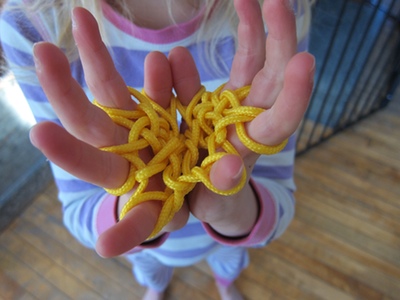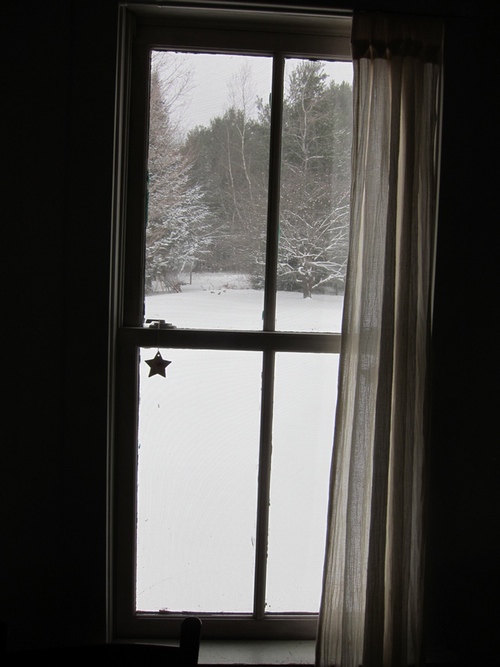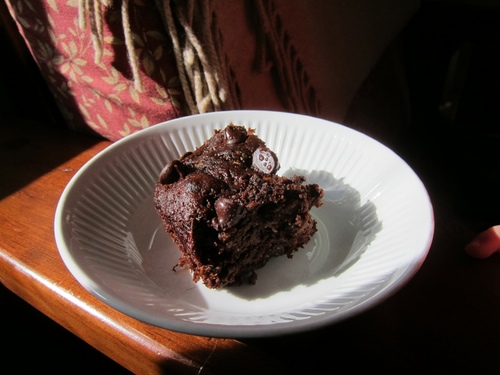Lights in Winter
/Growing up, my family celebrated both Christmas and Hanukkah, and I loved being half Catholic - half Jewish. But over the years, I became more "neither" than "both".
Lights of Winter
My childhood memories of the holiday season are warm and bright, filled with the excitement of presents and celebration. I was extra lucky because my family celebrated both Christmas and Hanukkah. Being half-Catholic and half-Jewish set me apart and earned me the admiration of my slightly envious peers. The Santa crowd marveled at the eight days of gifts (not realizing my Hanukkah gifts typically comprised dental floss, pencils, and Scotch tape), and the Menorah crowd was curious about the logistics of Santa. I had gingerbread house-making play dates and could hold my own in dreidel games. For a few weeks out of the year, I took great pride in being “both.”
As I grew older, I began to understand that Christmas and Hanukkah were about far more than presents. The stories of both religions held my family history, and I felt connected to both sides, revering the traditions of all my grandparents, aunts, uncles, and cousins. My pride shifted away from the quantity of presents, and towards the quality of my parents’ marriage as a testament of how the two religions could come together.
But in junior high, personal commitments to one’s religion began. My Jewish peers were Bar Mitzvah-ed, my Christian peers were confirmed. Now it was no longer just about family tradition and history but also about belief and faith.
Furthermore, my parents, who had been happy to indulge in the winter holiday celebrations, were not all that interested in joining either of the religious organizations that had, as I later discovered, refused to acknowledge their marriage years earlier. My pride wavered and, unable to choose one over the other, I lost my status of being "both." I became "neither." Still, we continued to celebrate Christmas and Hanukkah in our home, and I grew to love the celebrations for the light and warmth they brought to the dark months.
Over the years, I let the Jewish traditions go without thinking much about them. By the time I had children, I found it felt more natural to implement my Christian traditions than my Jewish ones. But last year when my sister and I were reminiscing about our family menorah, she was surprised that we don’t celebrate Hanukkah at all: “Don’t you want to share our family’s history with your children?”
This simple question triggered something: a longing, a sadness, something, though I’m not quite sure what. Perhaps I had a little too carelessly forgone an important component of my childhood. Judaism, just as much as Christianity, is a part of my past, my parents’ relationship, and the long history of both sides of my family. I suddenly wanted it back.
But how do I bring back my family tradition when I no longer feel Jewish? Do I even have the right to observe the Jewish holidays at this point? Is it ok to hold onto the tradition when I was not raised with the religious belief? These are questions I ask myself, and I am not sure of the answers. But I am beginning to feel a desire, a responsibility, to share this history with my children.
Perhaps I will start slowly. We will read books that tell the story of Hanukkah. I will share the traditions of my childhood. We will light the candles of our family menorah and say the blessing. And my children will receive dental floss, pencils and Scotch tape as gifts, just as my sister and I did when we were little.
























